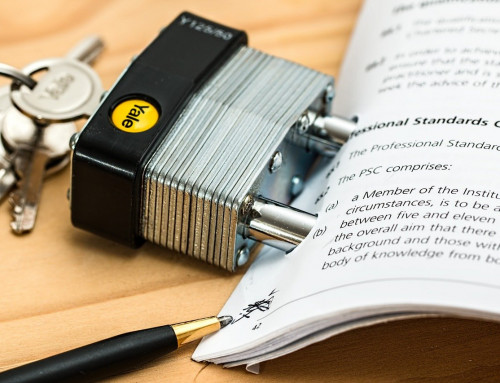The interpretation of the will has a great practical significance. The fact is that wills they pose many problems of interpretation. The typology is as varied as life itself. We can put some examples. The street name or number was wrong. Error in the name or in any of the surnames of heirs, legatees or beneficiaries. Errors in the way of awarding bequests: for example, bequeathing bare ownership instead of full ownership; error in a bank account number. The list would be endless.
1. How are problems solved in practice?
The first question to be answered is who is to interpret. Obviously, the last interpretation corresponds to the judges and courts or to the arbitrator chosen by the testator. But, and without prejudice to the right to judicial or arbitral protection, it is evident that the interpreter is either the successor, or the arbitrator empowered to interpret.
2. A second question is what are the rules of interpretation?
All civil codes have rules of interpretation. The Spanish CC dedicates article 675 to him and the Catalan Civil Code art. 421-6. In both Codes, the most important rule is the search for the real and true will of the deceased. In the words of art, 421-6 "In the interpretation of the will, it is necessary to fully adhere to the true will of the testator, without necessarily having to be subject to the literal meaning of the words used." This rule of "Fully abide by the true will of the testator" it seems that it is something evident. However, it differs from the hermeneutical rules of the CC and specifically from art 1281. The difference lies in the type of declaration that is analyzed. The will contains a single statement of will and the contract usually contains two statements of will. Hence, in the contract the literal interpretation usually prevails over the interpretation of the meaning of the declarant's will.
Contact with the Bosch-Bages Notary in Barcelona, to resolve any of your doubts.

Antonio Bosch Carrera. Notary in BOSCH - BAGES NOTARIS of Barcelona since 1.991. Professor at UIC Barcelona since 2000.




Leave a Comment